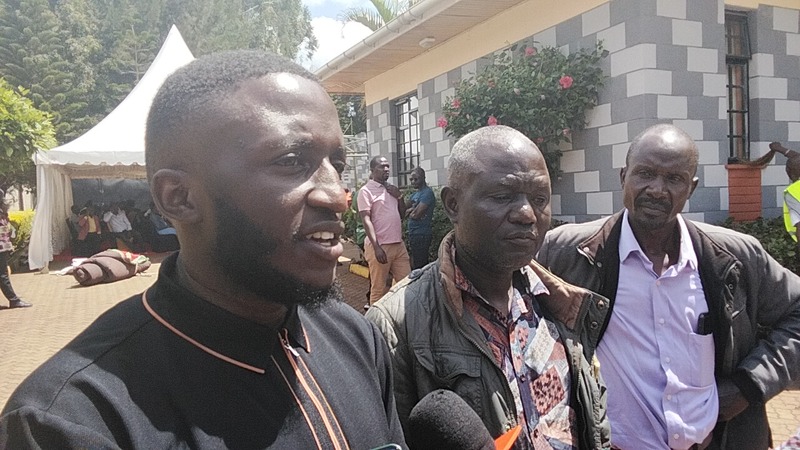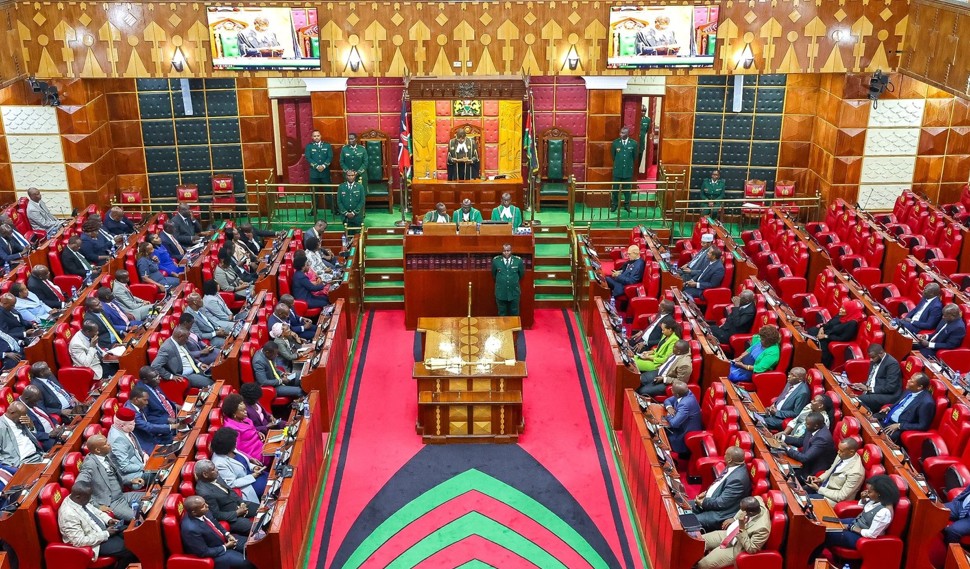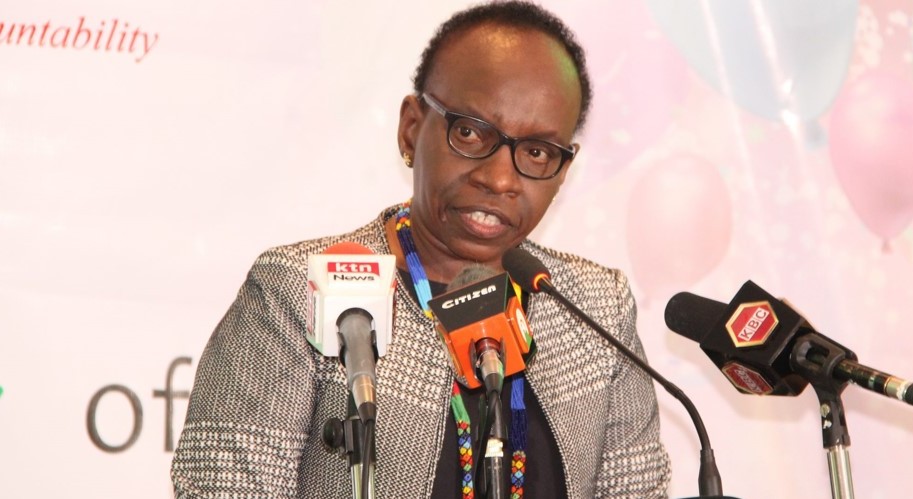Judiciary pushes for law change to let magistrates enforce workplace injury compensation

For example, workers in Mandera County must travel to Meru town to access the Employment and Labour Relations Court, which is not only costly but also time-consuming.
The Judiciary is calling for a shift in the legal framework regarding workplace injury compensation in Kenya.
Justice James Rika of the Employment and Labour Relations Court (ELRC) is advocating for an amendment to the Work Injury Benefits Act to empower magistrates’ courts to enforce compensation decisions made by the Director of Work Injury at the Ministry of Labour.
More To Read
At present, only the Employment and Labour Court has the jurisdiction to enforce such compensation awards, but this has led to accessibility issues for workers across the country.
Workplace accidents in Kenya are not uncommon, with a variety of incidents ranging from slips and falls to machine-related injuries.
In the past nine months alone, the Directorate of Occupational Safety and Health Services reported that 5,914 workers were involved in accidents, with 259 of those resulting in fatalities.
The previous financial year also saw 6,963 accidents, including 241 fatalities.
The Work Injury Benefits Act holds employers responsible for compensating injured workers, unless the injury was due to the employee's own misconduct.
Justice Rika pointed out that there is a significant challenge for workers living in remote parts of Kenya, particularly in northern regions.
Currently, only 10 courts across the country handle employment and labour-related matters, and none are located in the northern counties.
For example, workers in Mandera County must travel to Meru town to access the Employment and Labour Relations Court, which is not only costly but also time-consuming. This, according to Rika, creates an unnecessary barrier to justice for workers in these areas.
"You can imagine workers in Mandera County, for instance. If there is no enforcement at that level, they have to travel long distances to the Employment and Labour Relations Court and to the few judges we have," Rika said as reported by the Daily Nation.
“So we need to extend jurisdiction to magistrates to enforce the assessments given by the Director of Work Injury,” he added.
The push for legislative reform was made during the 2025 World Day for Safety and Health at Work commemoration, held in Nanyuki.
Justice Rika used the occasion to call on the Ministry of Labour to collaborate with the Judiciary in creating more accessible enforcement mechanisms.
This partnership, he believes, would significantly improve workers' access to justice, especially in areas with limited legal resources.
Alfred Mutua, the Labour and Social Protection Cabinet Secretary, expressed concern over the ongoing failure by some employers to report workplace accidents.
In a speech delivered by Herman Shambi, Secretary of Administration at the Ministry, Mutua underscored the adverse impact of unreported accidents on planning for workplace safety.
Without accurate reporting, the government cannot effectively assess the scope of the issue and promote improvements in occupational safety.
Mutua reaffirmed his ministry’s commitment to helping victims of workplace accidents receive proper compensation.
“I wish to reaffirm my ministry’s commitment to assisting occupational accident victims and the dependents of deceased victims in obtaining appropriate redress,” he said.
Top Stories Today











































